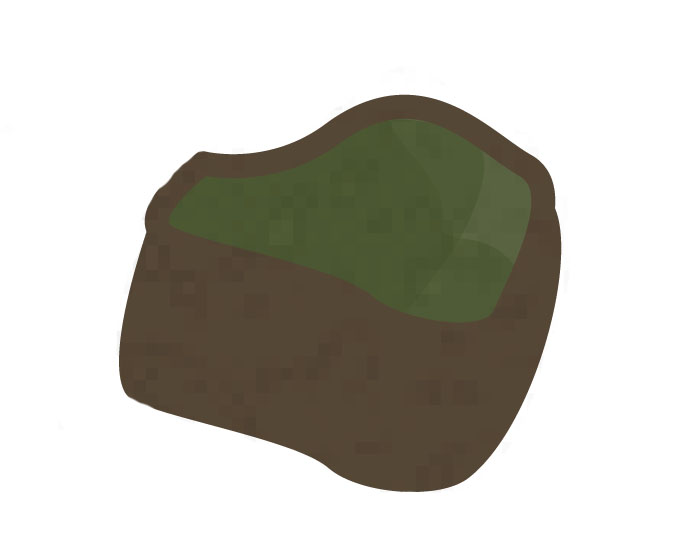This nation disappeared as mysteriously as it existed. Few former citizens remain, primarily diplomats to the few nations that traded resources with the island nation.
Rumors of the collapse of Dikaios started around 1897 and were confirmed with photographic evidence and expeditions from other nations in 1899.
History
Dikaios had been founded by a group of about 80 philosophers from the old world who wanted to create the 'ideal' nation. This group chose the island for a number of reasons:
- They were extremely isolationist.
- They had wanted to prevent Dikaios from growing too large.
- They saw the mainland as nearly inhospitable.
- It was easier to defend.
With the very first generation, the noble lie began and Dikaios' history was lost.
Politics
The political structure of Dikaios would best have been described as an aristocracy. There was a ruling class, but in reality only one actual philosopher-king, so it might help to think of it as a monarchy or aristocratic meritocracy.
Class Structure
As mentioned elsewhere, there were three main classes:
The lowest class were the producer class. They looked the most like a 'typical' class. They can be rich or poor, farmers or traders, etc. They make up the largest chunk of the population. They support the other two classes.
The guardian class were above the producing class. They were revered by the producers, and were the cities defense force. They instilled order in the population. However, they were more than mindless soldiers. They were educated and rigorously, physically trained from birth. If they showed a large amount of promise during their education, they might move up to the next class: the aristocracy. The guardians had everything in common. That is to say, they did not have any money, they lived together, they had no belongings. Everything was provided by the city. Even their children were in common (this turns out to be very complicated).
The ruling class (aristocracy, philosopher-king(s), etc.) were the very few who showed the most promise, or the most philosopher characteristics. They were the only ones who knew the truth about the city. They knew the truth of the noble lie, and why things "had to be" the way they were.
Regions and Districts
Dikaios once had two major cities. The capital on one side of the island, and a smaller city, more inland, who mainly gathered resources.
Religion
The citizens of Dikaios were polytheist whose gods did not have any flaws, perfect entities which the average person would want to emulate in every way. There was a minor amount of ancestor worship, but it was long after the persons had died, and any negative qualities the person had would be intentionally forgotten.
Media
Media had been highly regulated in Dikaios. Much like their religion - paintings, songs, and poetry could only contain "positive influences" on the culture of the city. Media from outside the city had been strictly forbidden.
International Relations
As stated, Dikaios was extremely isolationist. There had not been any culture exchange with other nations. Visitors were not allowed (the main reason the collapse was not known about for some time), and people on official business are shuffled around the city by guardians only when necessary. There had been trade with other nations, but only for thing that are deemed necessary and items that wouldn't pollute Dikaios' culture, so it had mostly been raw materials traded.
